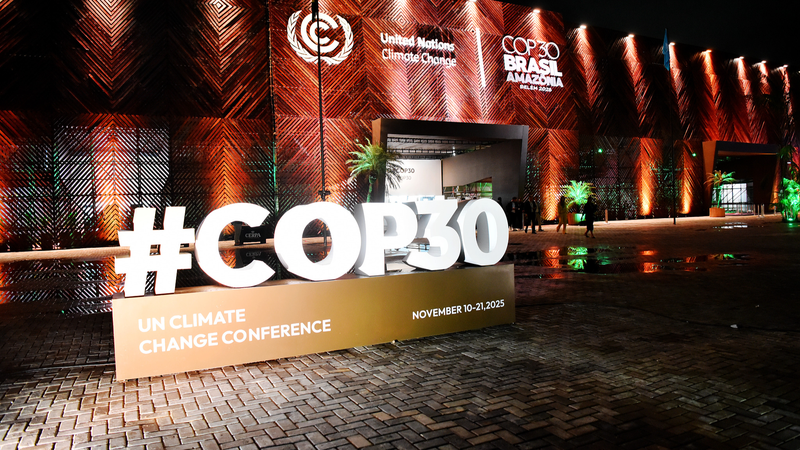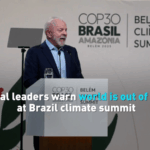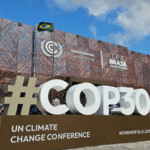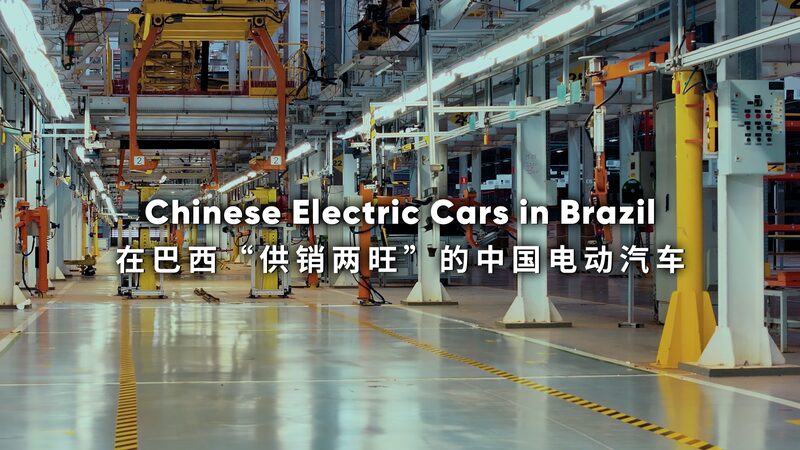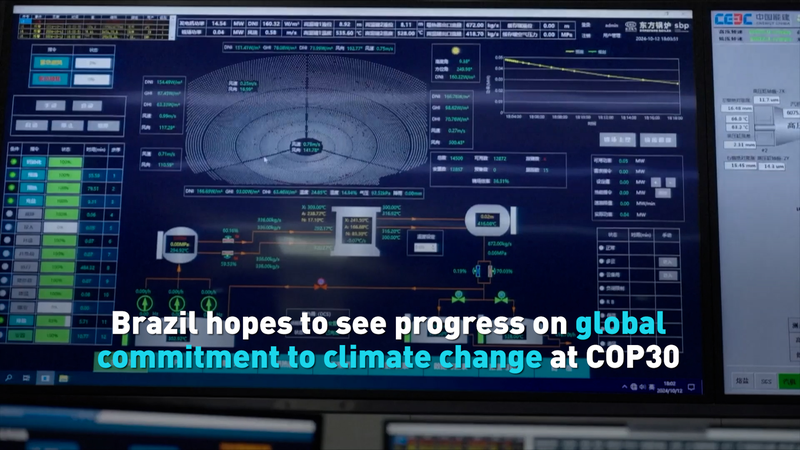A United Nations report released yesterday at the COP30 climate summit in Brazil underscores the growing influence of cities, corporations, and civil society groups in advancing global climate goals. As world leaders convene in Belém for this year's conference, the analysis reveals non-state actors now drive 65% of measurable emissions reduction efforts worldwide.
The report highlights innovative urban initiatives like São Paulo's district-wide renewable energy grids and Jakarta's AI-powered flood prevention systems. Corporate sustainability programs have also accelerated this year, with Asia-Pacific firms accounting for 40% of new net-zero pledges since January 2025.
UN Climate Change Executive Secretary Sarah Nkem emphasized: "What we're seeing in 2025 isn't just policy – it's people power. From Manila's youth-led mangrove restoration to Seoul's corporate carbon trading alliances, these efforts show climate action becoming embedded in daily life."
However, the document cautions that current non-state measures still only address 30% of the emissions gap needed to limit warming to 1.5°C. Delegates at COP30 are now debating new frameworks to better align these decentralized efforts with national strategies.
Reference(s):
UN report highlights key role of non-state actors in climate action
cgtn.com
